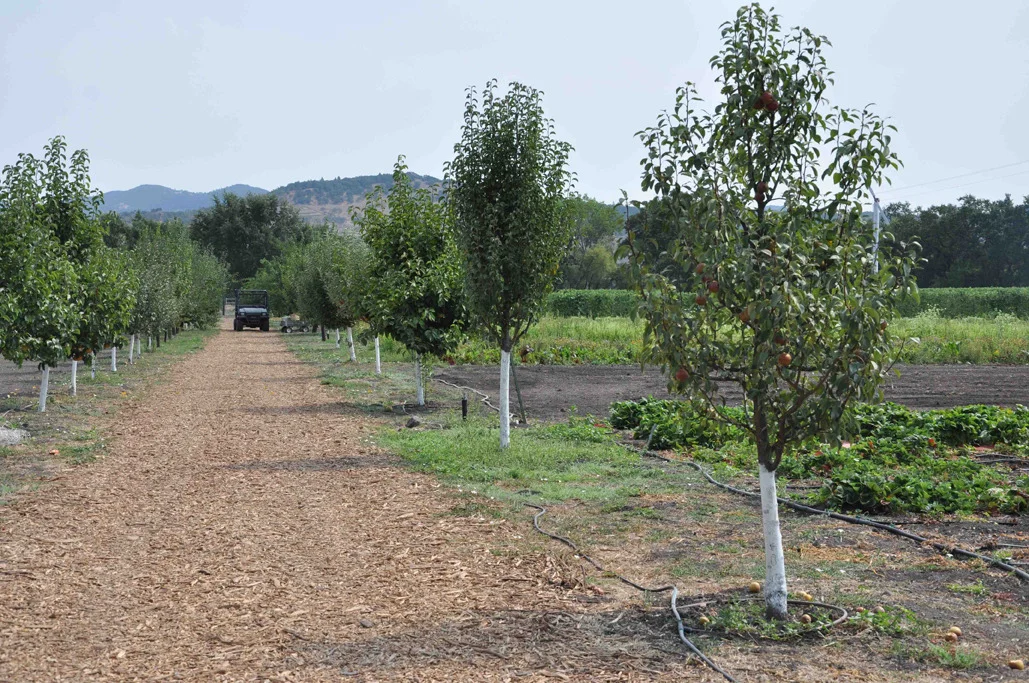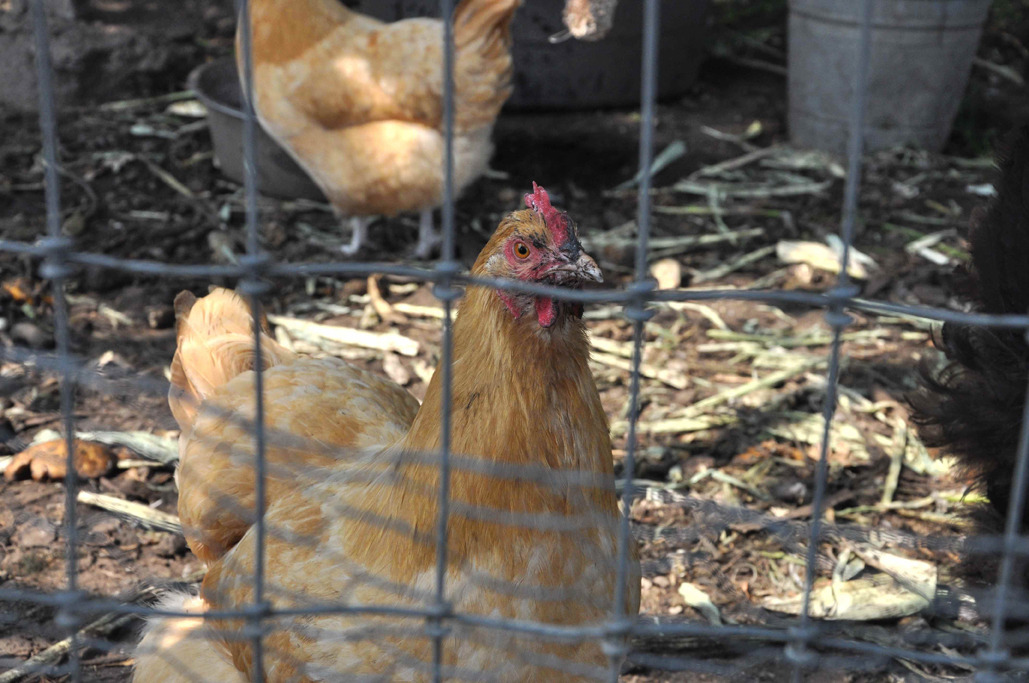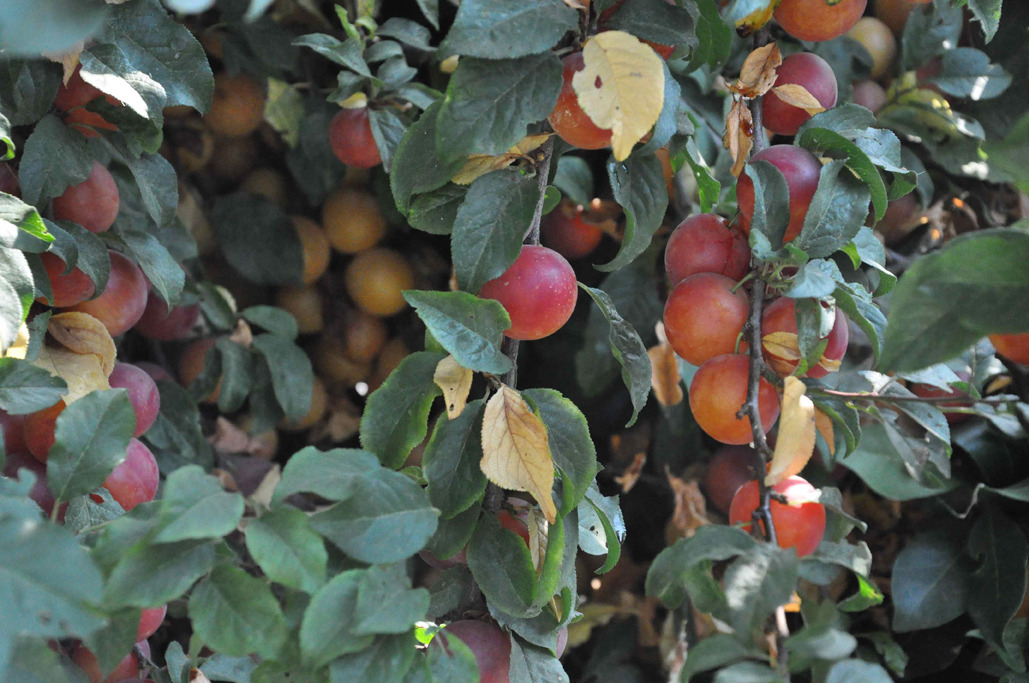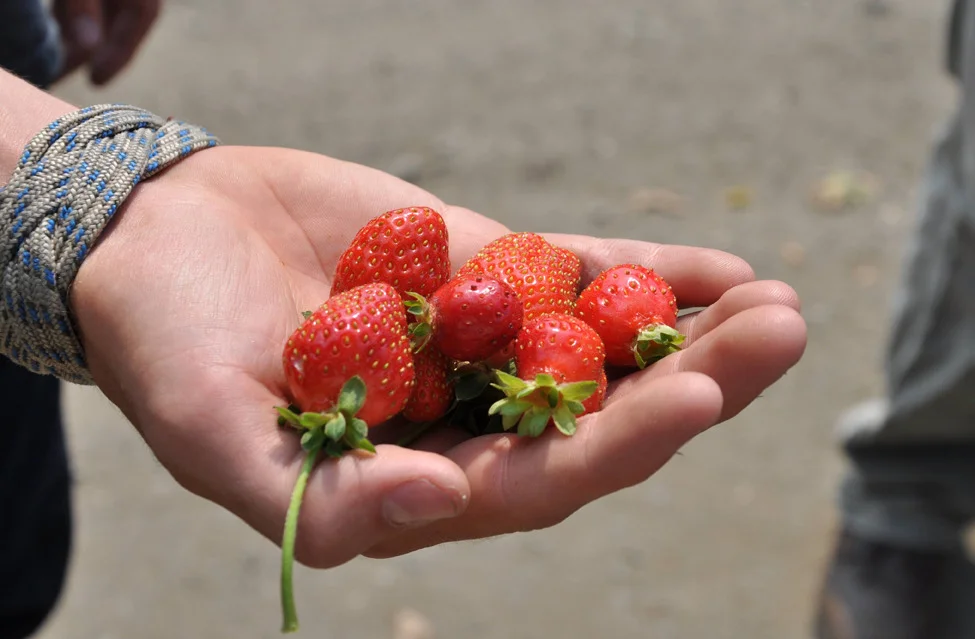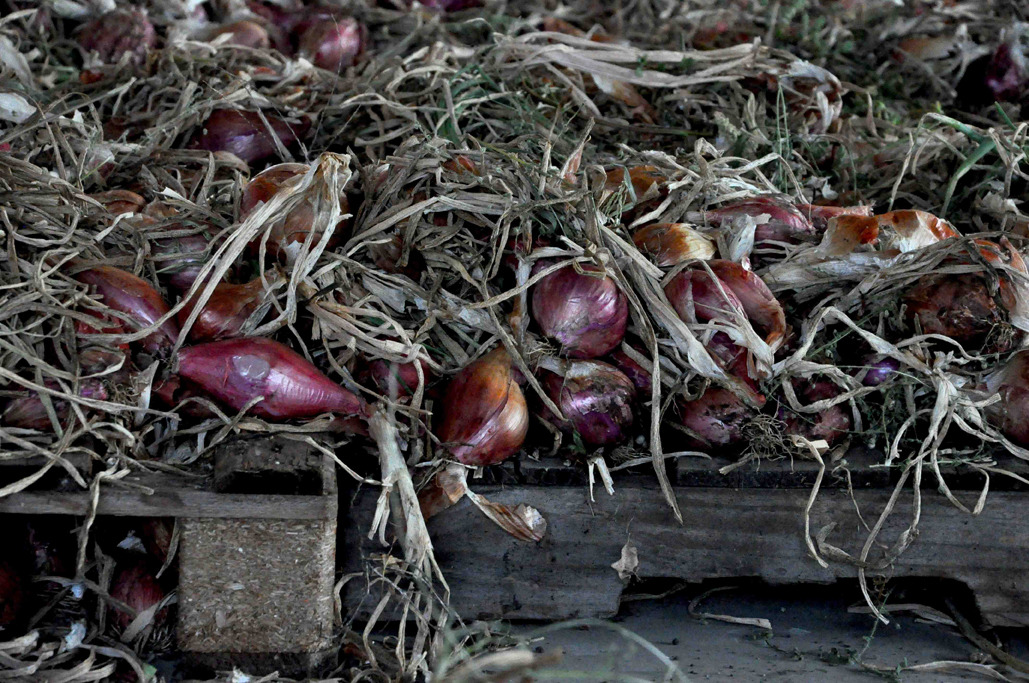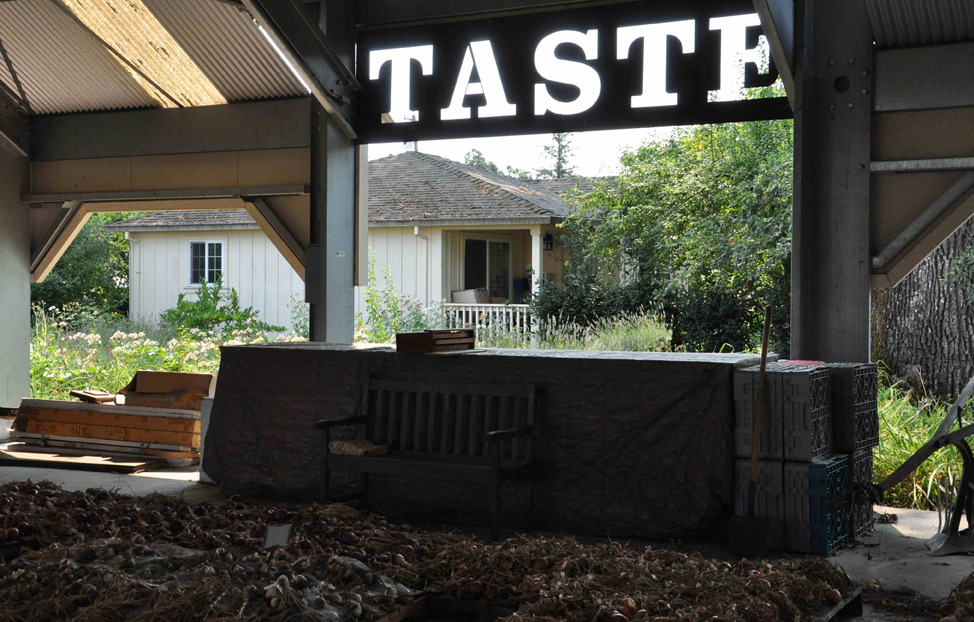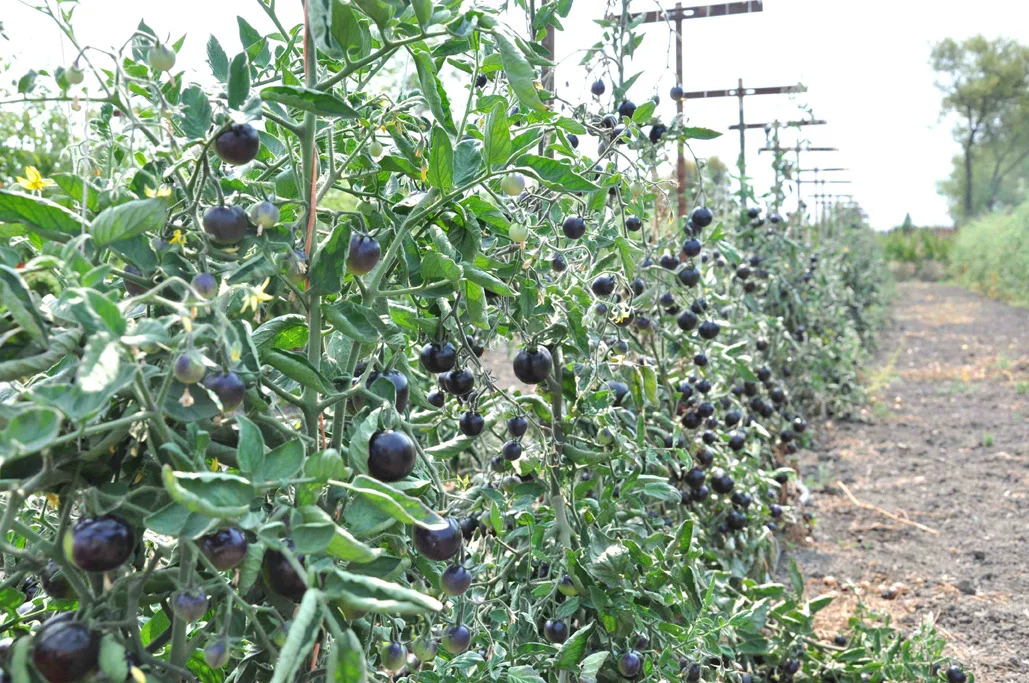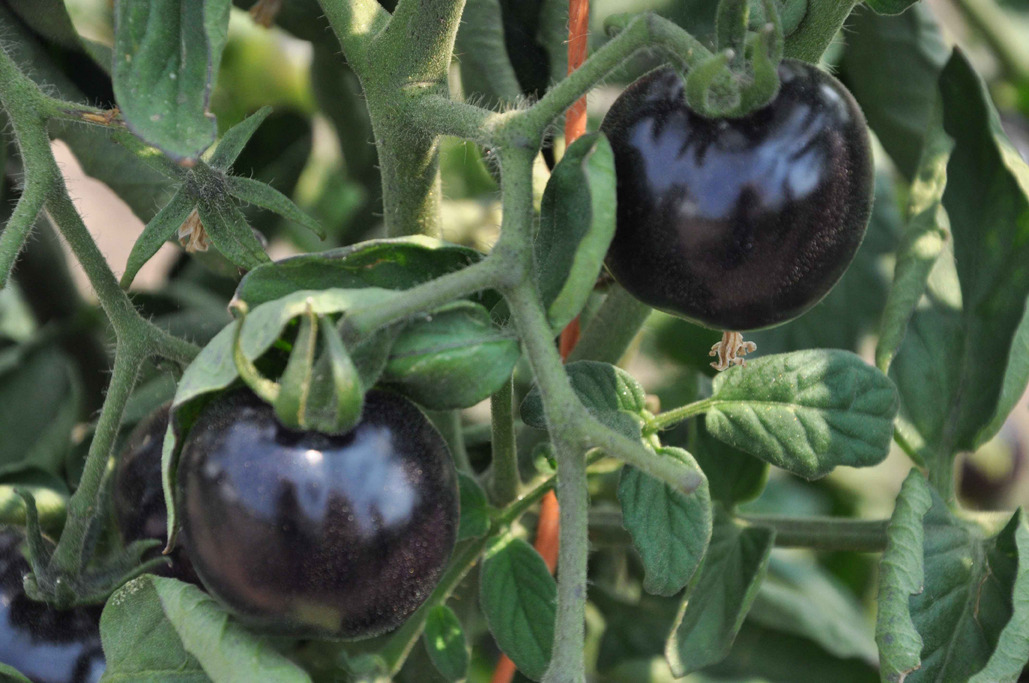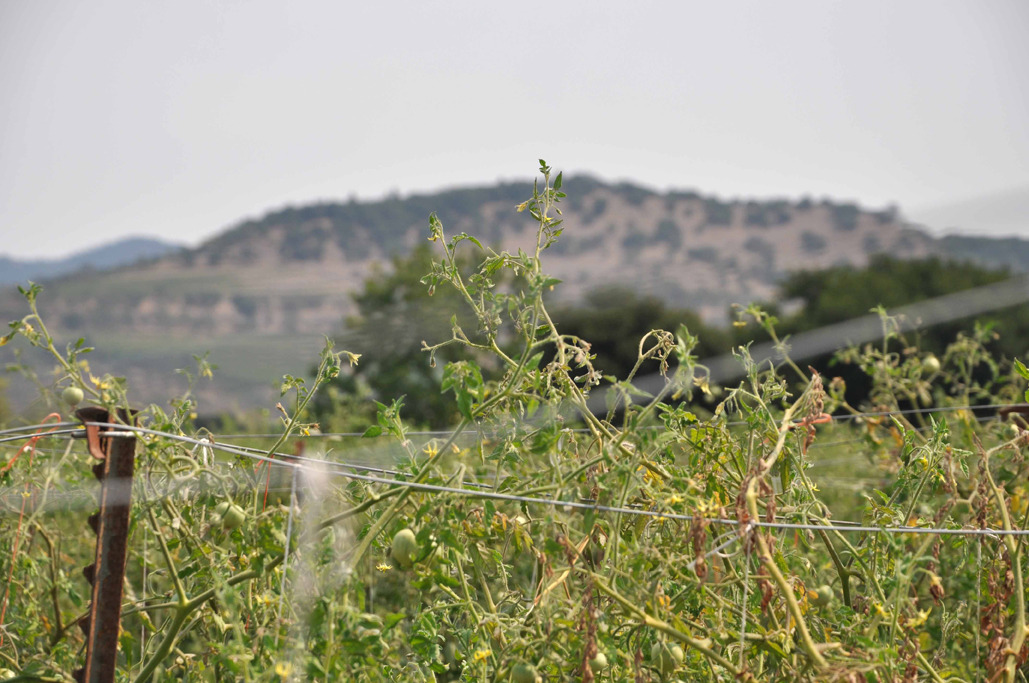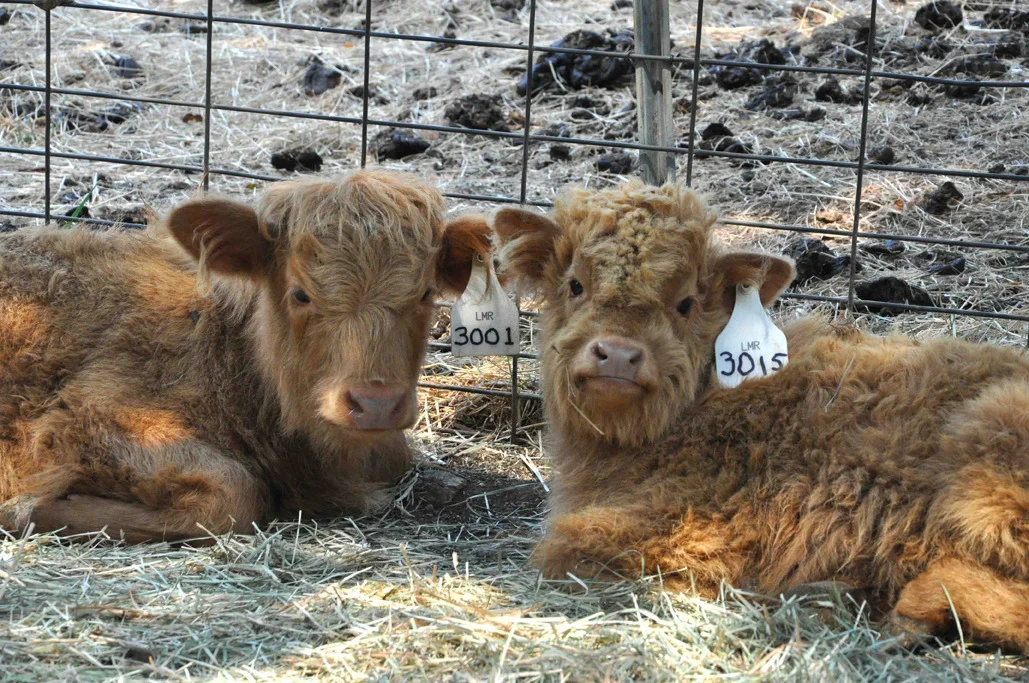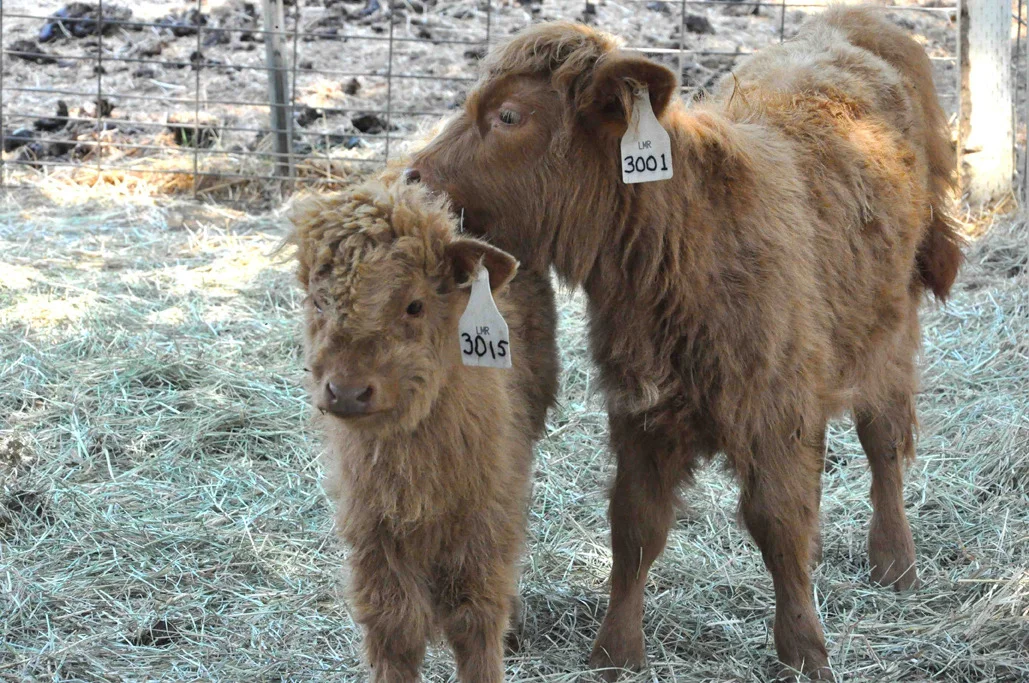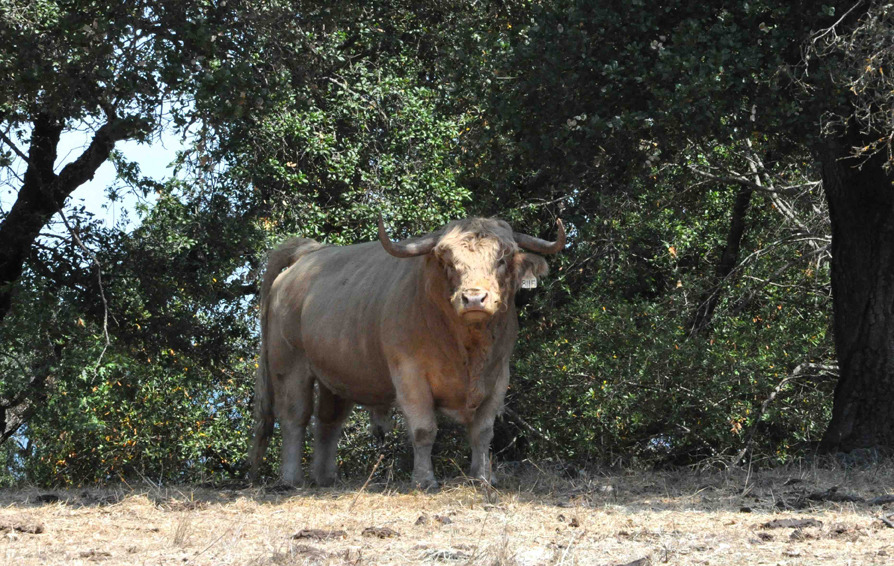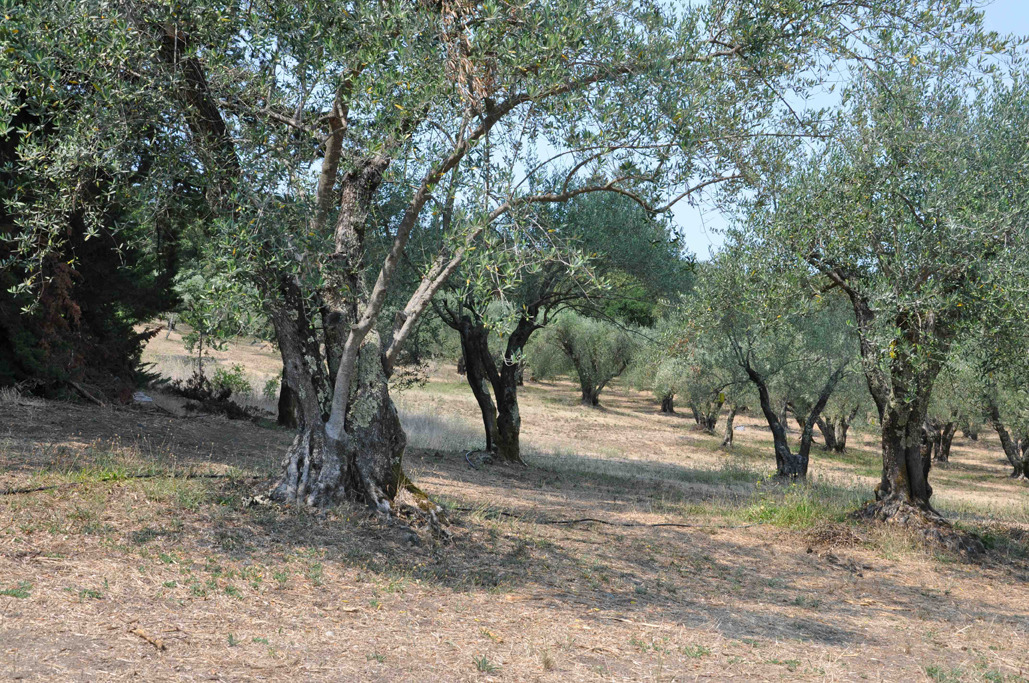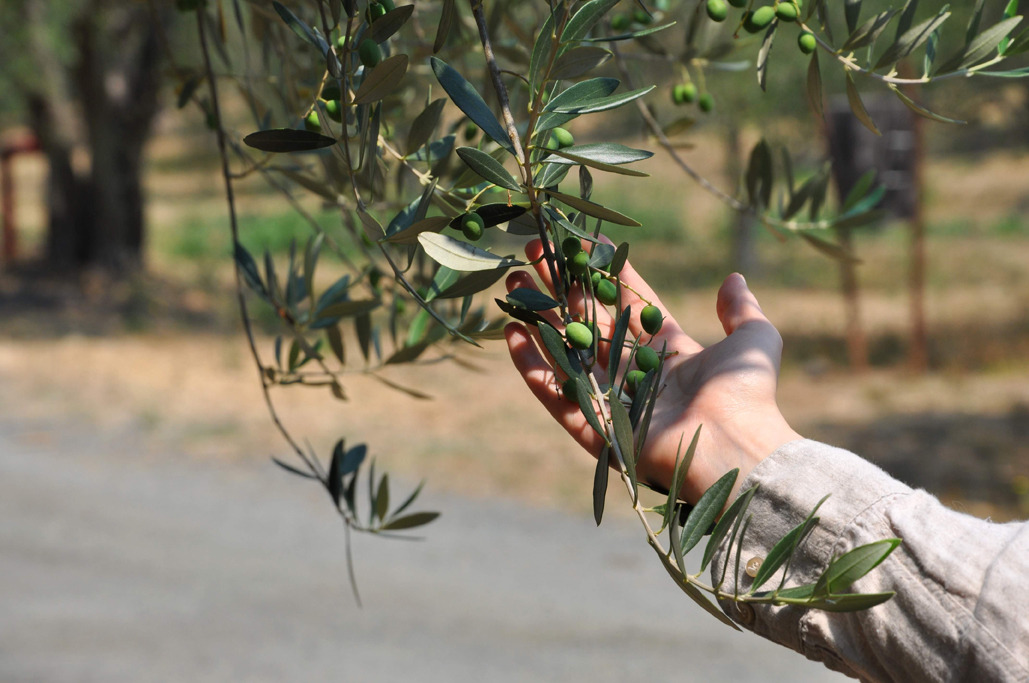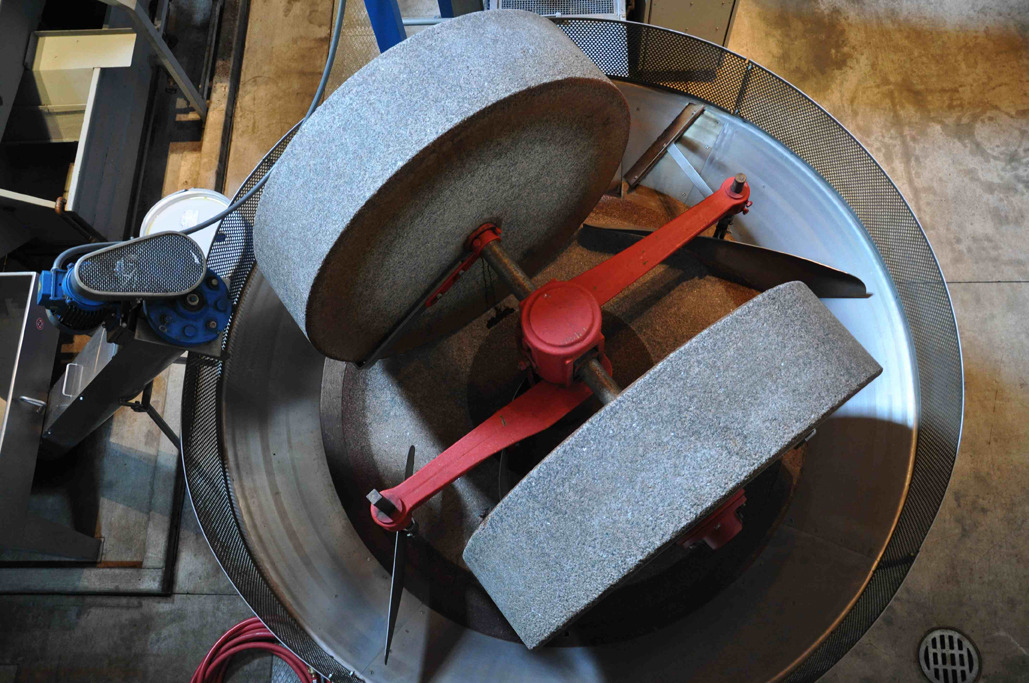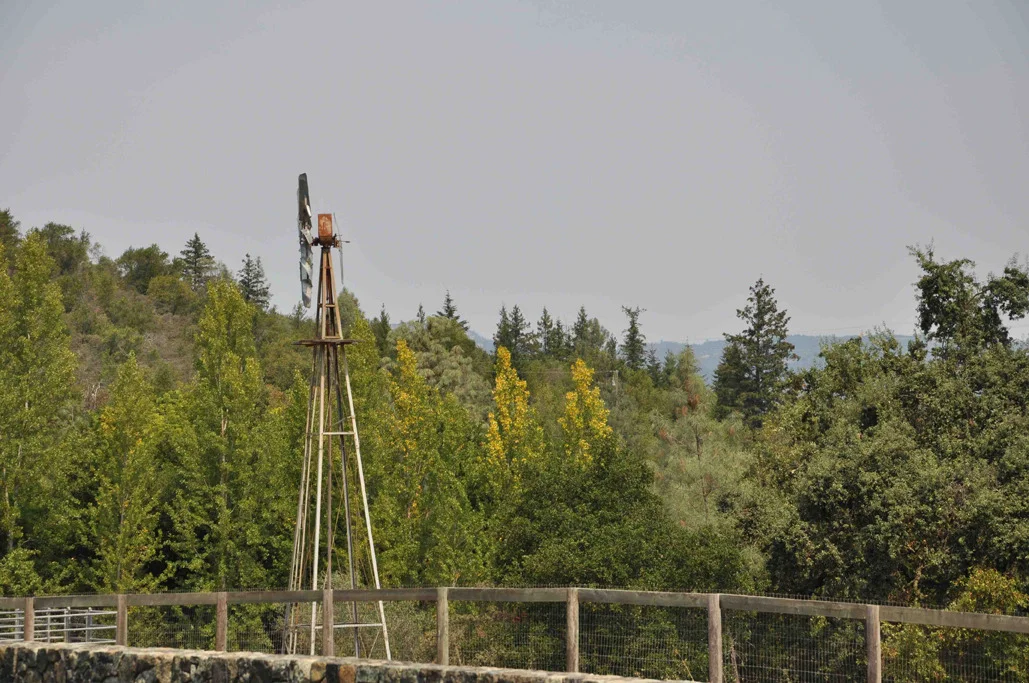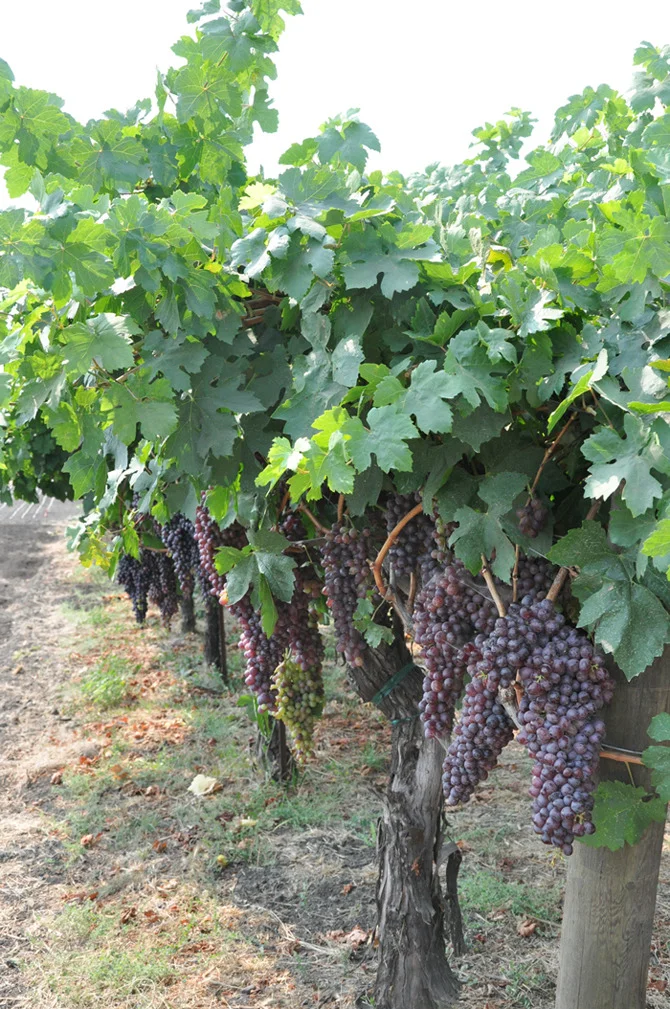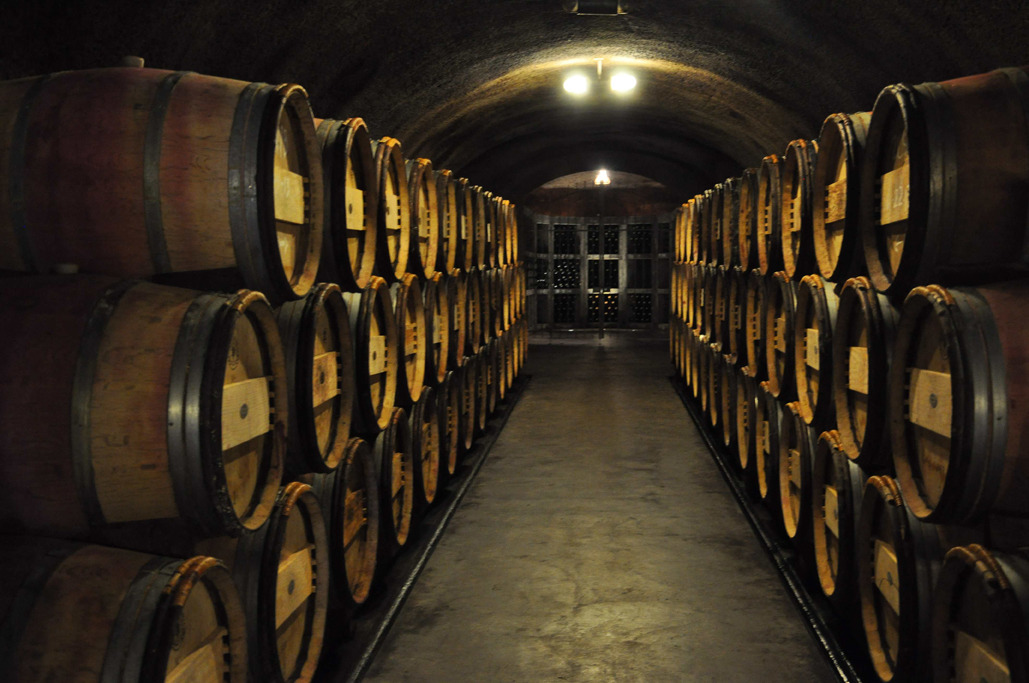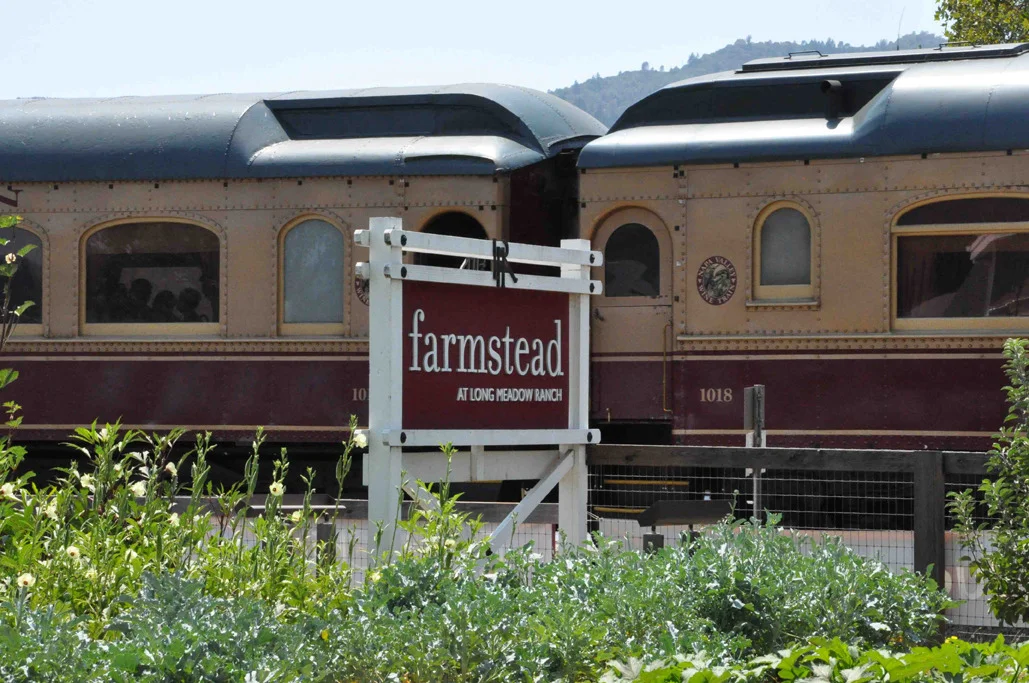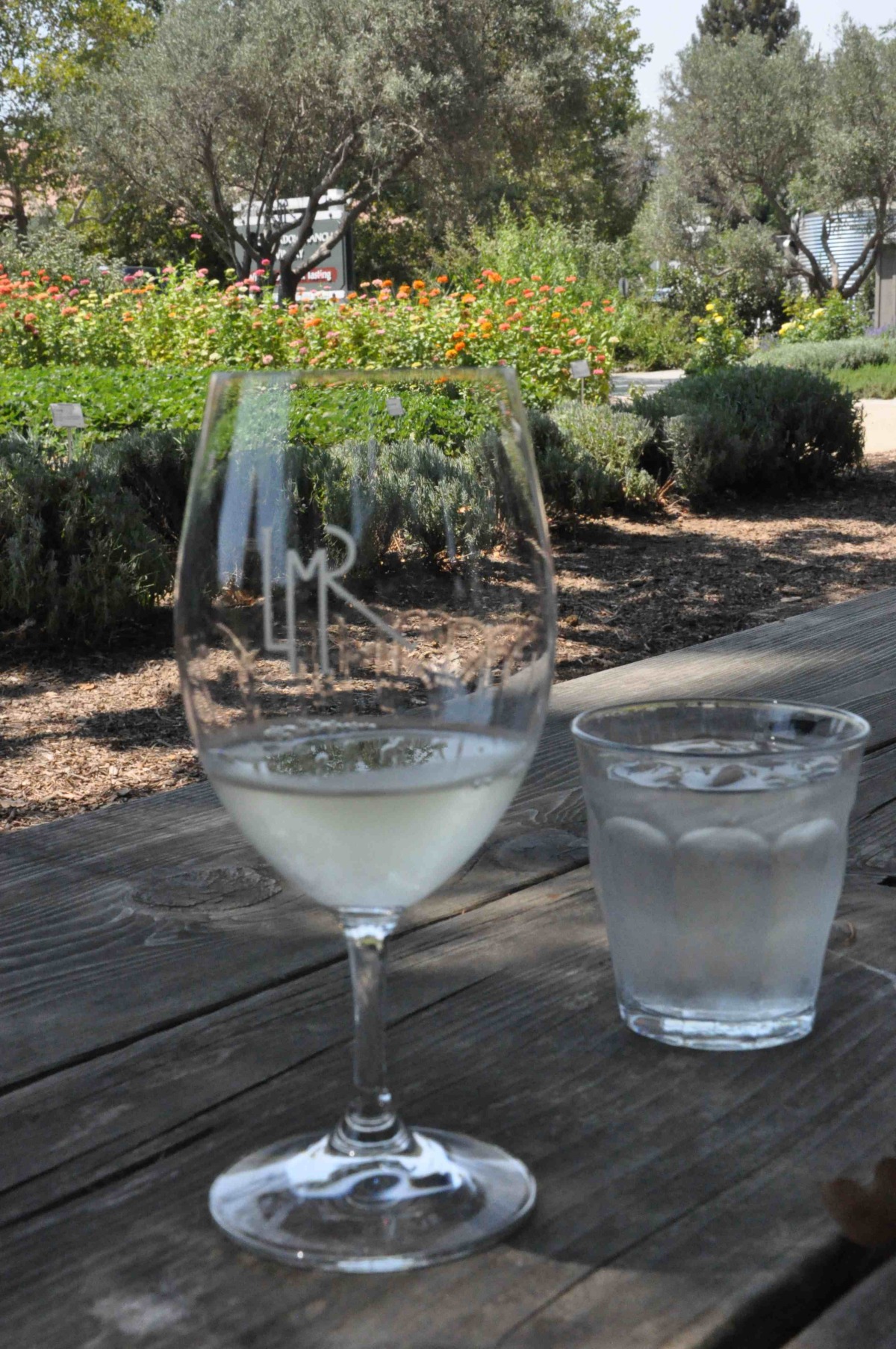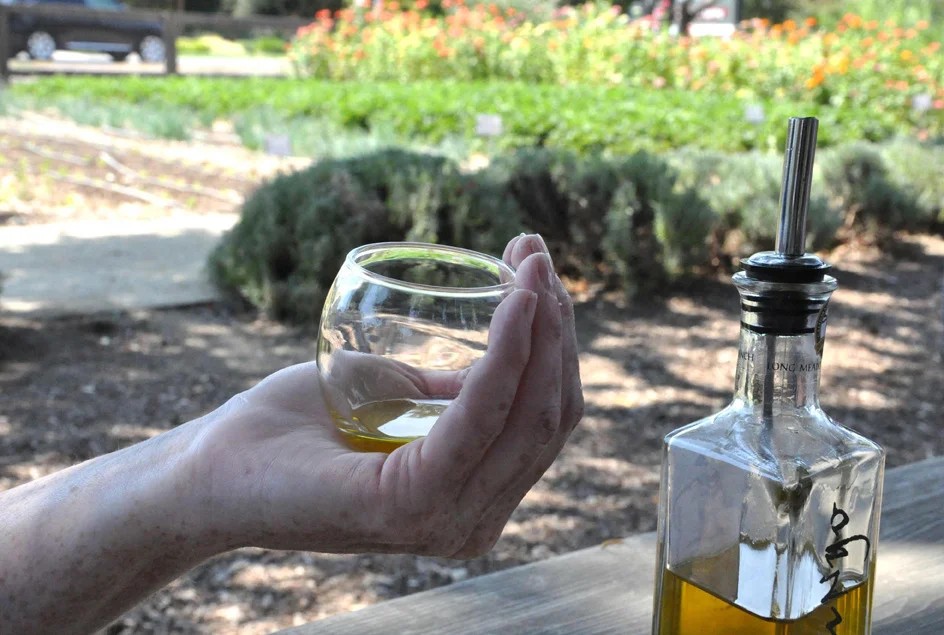weekly round-up of our favorite finds from the front lines of food

- Got high temperatures and constant sunlight? Start a roof-top algae farm like these in Bnagkok that grow "super food" spirulina (above). EnerGaia is the company that's making it happen, and they want to feed you their vitamin and protein-rich brew in everything from smoothies to pasta. (Design Boom)
- Wine under attack in France? What's the world coming to? Alas, the tone of a new campaign to tax wine as a health risk sounds awfully American. “Gastronomy, art de vivre, wine in moderation – this is still the majority of the French, but there is a real minority that wants to make illegal everything that could possibly be harmful." Sigh. (Wine Spectator)
- And while that might be shocking, let's just file this under Hell No: sexy food-themed Halloween costumes. (Laughing Squid)
- Food start-up incubator Local Food Lab (not the kitchen space kind of incubator, but based on the business training model tech firms use) is expanding its offerings to reach more entrepreneurs with a new Ask Me Anything series that interviews experts. (Full disclosure — we've been mentors with LFL since its first session over a year ago.)
- Keeping our communities safe for doughnuts is an important civic duty. Cops in the small town of Clare, Michigan took their mission so seriously the bought their local bakery so it wouldn't go out of business. The bakery now operates under the genius name Cops and Doughnuts. (American Food Roots)
- The news that people in the seafood industry have known for years is hopefully coming into the mainstream: farmed salmon is a lot better than it used to be and not every producer is the same. The article doesn't get us all the way there, but it's a step in the right direction. Even Seafood Watch can admit: “Our understanding of the science has changed, and production practices have changed....Some of the older concerns are less of a concern.” (Washington Post)
- From Senegal to the American South: a Charleston chef traces the roots of his favorite Southern dishes back to West Africa. "'The contributions of Africa to beloved dishes like gumbo, jambalaya and collard greens are monumental,' he says. They are dishes born of the terrible legacy of slavery that, as he puts it, "need to find their true voices again." (Food & Wine)









